Publications
Articles, publications, books, tools and multimedia features from the U.S. Institute of Peace provide the latest news, analysis, research findings, practitioner guides and reports, all related to the conflict zones and issues that are at the center of the Institute’s work to prevent and reduce violent conflict.

Daniel Markey on Strategic Stability in Southern Asia
Security, territorial and political tensions between Southern Asia’s three nuclear states — Pakistan, India and China — "have gotten worse over the past few years," says USIP's Daniel Markey. "These are countries that have been at war a number of times… that [makes] these hostilities difficult to manage."
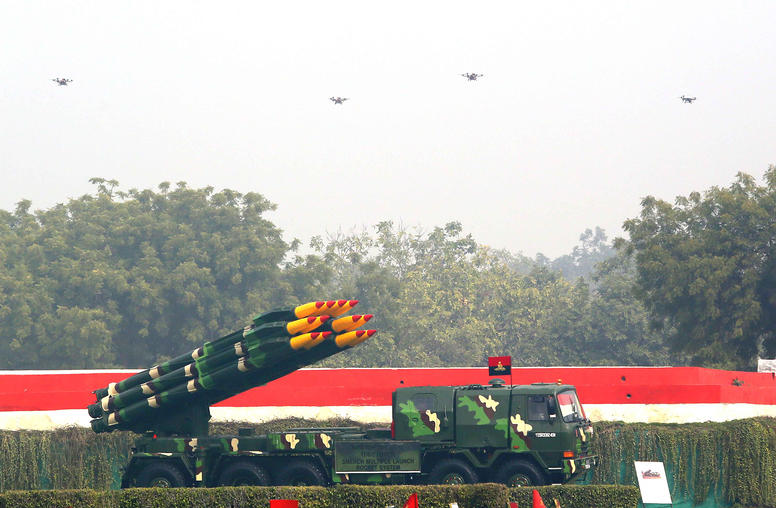
Our Next ‘Unthinkable’ Crisis: Nuclear War in Asia?
Our world’s spate of disasters so recently unimaginable — European cities pulverized by war, Earth’s decaying climate or 6 million dead from pandemic disease — evokes a national security question: What other “unthinkable” crises must American citizens and policymakers anticipate? A singular threat is warfare around our planet’s one spot where three nuclear-armed states stubbornly contest long-unresolved border conflicts. Largely unnoted in national security news coverage, the conflicts embroiling China, India and Pakistan are growing more complex and dangerous. A USIP study shows the urgency for U.S. policymakers of working to reduce the risks.
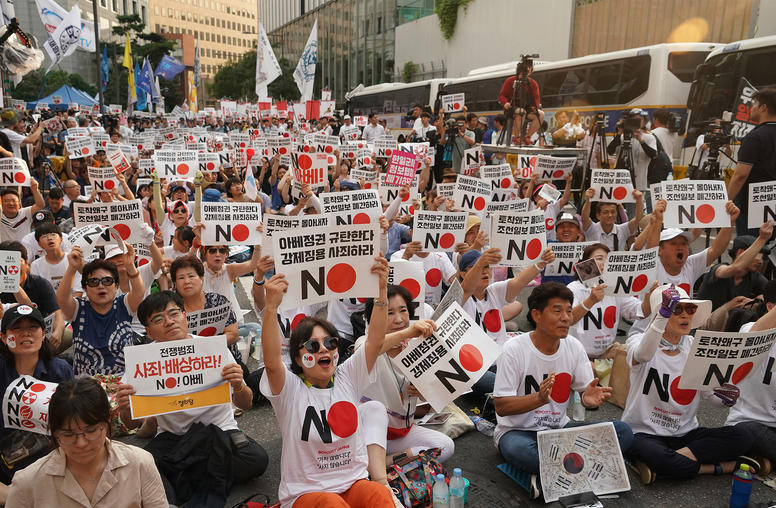
South Korea and Japan Need to Reset Relations. Can the United States Help?
In April 2022, a South Korean delegation representing President-elect Yoon Suk-yeol met with Japanese Prime Minister Fumio Kishida in Tokyo to help reset bilateral ties that have frayed in recent years over unresolved issues like wartime forced labor and sexual slavery. The delegation head told reporters that the trip’s goal was to fasten “the first button of a new Korea-Japan relationship,” referring to the proverb that incorrectly fastening the first button on a jacket will cause subsequent ones to go astray.
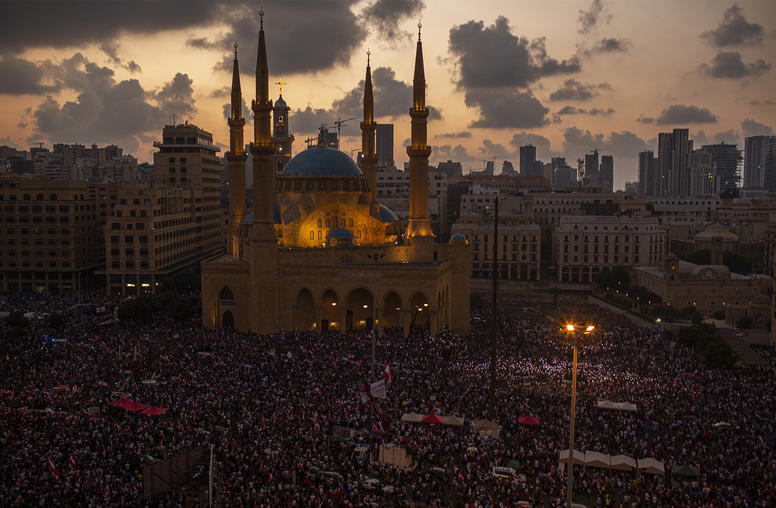
Lebanon’s Vote and the Prospect of Long-awaited Political Reform
On May 15, Lebanon held its first election since mass protests swept the country in October 2019. Trigged by economic crisis and profound frustration with an inept, detached ruling establishment, the protest movement sparked hope that real change to the country’s anachronistic, corrupt political system was in the offing. Fast forward nearly three years, and such promise seems to have been extinguished by the calamitous August 2020 Beirut port explosion, traditional party supporters’ efforts to stifle new opposition movements, and an historic economic collapse.
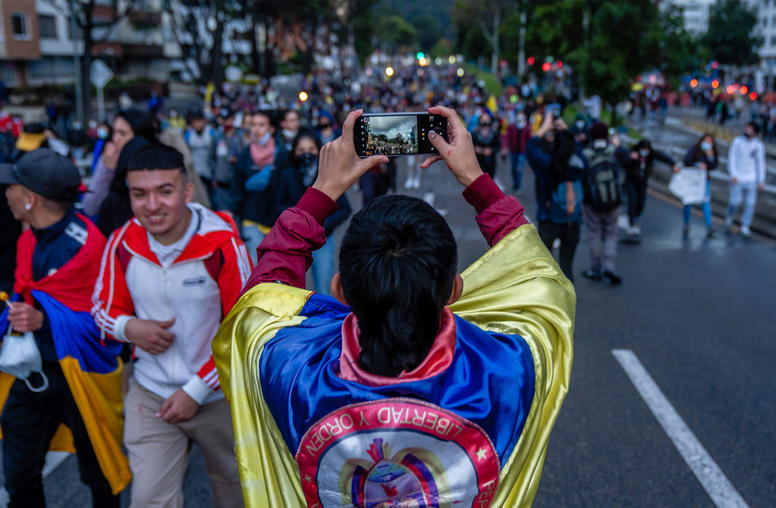
Vice-Presidential Candidates Lay Out Visions for Colombia’s Future
Colombia is on the precipice of historic presidential elections amid a backdrop of significant social unrest, deepening polarization and the escalation of the country’s six-decade old armed conflict. Last year’s nationwide mass protests sprung up over worsening racial and socioeconomic inequality in most of the country’s major urban metropolitan centers, and a heavy-handed police response only served to worsen the crisis.
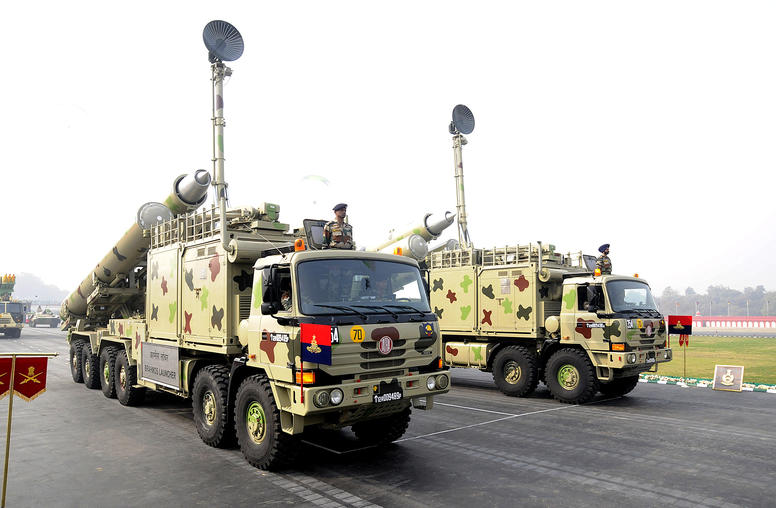
Enhancing Strategic Stability in Southern Asia: USIP Senior Study Group Final Report
This report reviews the challenges posed by changing strategic circumstances in Southern Asia, assesses a range of US policy options, and presents a set of priority recommendations for US policymakers.
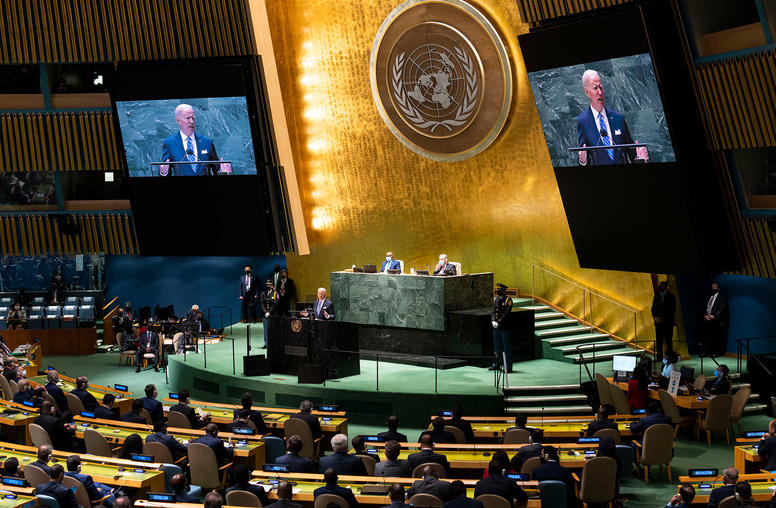
On Ukraine, Africa Needs a Clearer U.S. Message
As democracies rally to defend an international rules-based system against Russia’s brutal attack on Ukrainians, the United States should forge an alliance with African partners by committing with them now to resolve the Ukraine crisis in a way that makes that system fairer and more inclusive. One early step is for U.S. and other policymakers to highlight the core of this conflict: The 44 million Ukrainians are fighting to govern themselves freely within their internationally recognized borders — a cause that is viscerally real to billions of people across Africa and the “global south.”
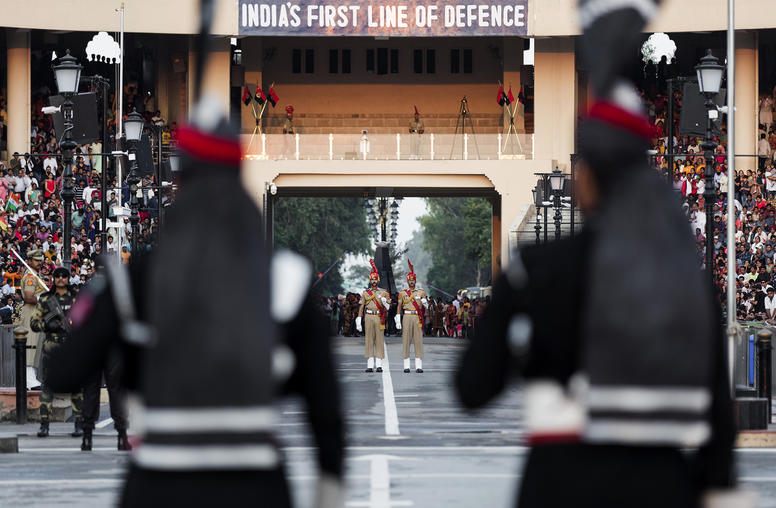
China, India and Pakistan: Tenuous Stability Risks Nuclear War
Over the past decade, long-standing disputes between the nuclear-armed states of Southern Asia have repeatedly veered into deeper hostility and violence. These regional developments reflect and reinforce new and significant geopolitical shifts, starting with the global strategic competition between China and the United States. In Southern Asia, relations between the United States and Pakistan have frayed even as U.S.-India and China-Pakistan ties have strengthened. The region now faces deepening and more multifaceted polarization. Global competition adds fuel to regional conflict and reduces options for crisis mediation.
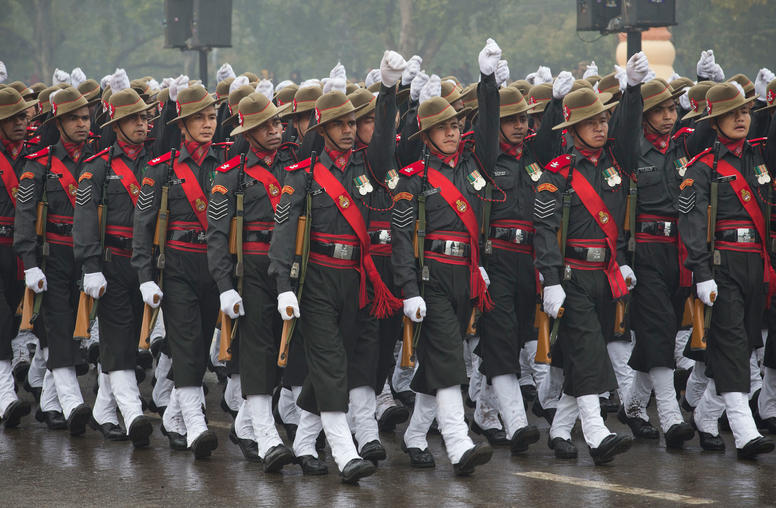
How to Deal with the Risk of Nuclear Escalation in South Asia
Two months ago, India accidentally launched a missile 75 miles into its rival Pakistan’s territory. Although many U.S. policymakers could be excused for having both eyes on the Russia-Ukraine conflict, for those pursuing stability in the Indo-Pacific, this was a reminder of the nuclear risks endemic to the region.
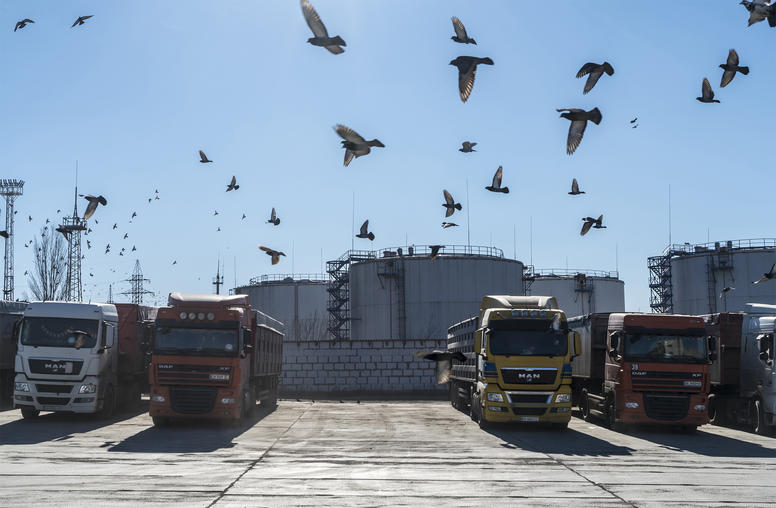
The Ukraine War is Deepening Global Food Insecurity — What Can Be Done?
Even before Russia invaded Ukraine, the global economy was suffering from the repercussions of several man-made conflicts, climate shocks, COVID-19 and rising costs — with devastating consequences for poor people in low-income and developing countries. The war in Ukraine — a major “breadbasket” for the world — is deepening these challenges on an unprecedented scale. In the immediate, swift and bold action is required by both wealthy and low-income nations to avert further humanitarian and economic catastrophe.